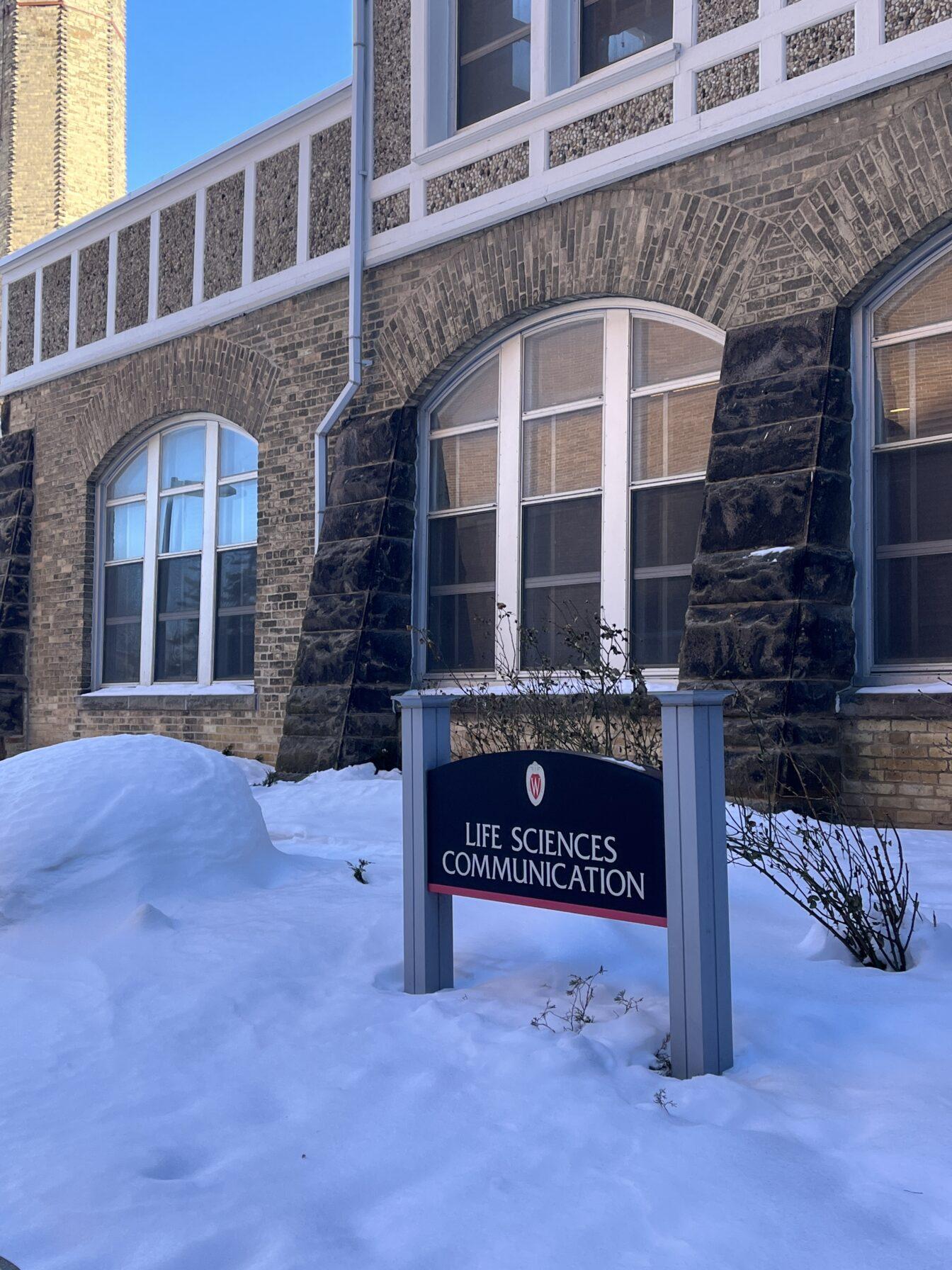University of Wisconsin Life Science Communications Professors Dietram Scheufele and Dominique Brossard recently received a 1.5 million dollar research grant from the John Templeton Foundation. Scheufele and Brossard will lead as co-principal investigators for the research endeavor to bridge communication barriers that prevent well-rounded debates on emerging science technologies.
“Research has to include our humane values, which require balancing the mixture of preferences, beliefs, and science,” Scheufele said.
Scheufele said the team will research how to conduct productive discussions about controversial science issues that consider people’s values and faith.
Trust in science is declining in both U.S. political parties, as depicted in nationwide survey study data from the Pew Research Center.
“Science is central to our interests as a country in any area from medicine to the military,” Scheufele said. “It’s also a foundation of global leadership, yet we have a fraught relationship with science as a country. All of this has been put on steroids due to the COVID-19 pandemic and heavy filtering from algorithmic platforms that now serve as news distribution sources.”
Scheufele said communication barriers between discussion participants arise depending on the topic, the actors involved and individual beliefs. A scientist could correct misconceptions with an individual, but discussing with someone who may mistrust science could backfire. Correcting misconceptions may further solidify an individual’s belief in the opposite direction, Scheufele said.
LSC researcher and recent Ph.D. graduate Nicole Krause works with Brossard and Scheufele to advance science communication research.
“We are missing good chunks of the population group or demographics that have been even more alienated than before this pandemic,” Krause said.
As a student, Krause said she studied the topics central to the research grant and how a productive conversations can be had about science across groups of people who disagree. Researching how beliefs influence interactions in the face of controversial science is crucial to everyone, Krause said.
The introduction of a recently published paper by Brossard and Scheufele said, “individuals form opinions about science by drawing on their values and worldviews, experiences and exposure to information.”
This paper involves mapping the similarities and differences between how values correlate with the American public’s views.
Scheufele, Brossard and Krause, through recent research, collected a catalog of variables influencing partisanship and will now research to learn further how they interact and develop alternative approaches to productive conversations.
“There are various moving parts, and we lack a map or blueprint to approach methods for thorough communication across all interest groups and actors. Communication research is not one-size-fits-all,” Krause said.
Significant divides exist, and integrating groups with differing perspectives and opinions has become more complex. In another recently published paper involving Krause, Brossard and Schefeule, more research in the U.S. revealed significant divides in trust based on geographic location and religious identification.
Krause said bridging the gaps of American civil discussion spans from academia to individuals and is completely estranged from science. It is why Scheufele, Brossard and Krause’s research goal is to summarize some of those considerations for the research community in a way to better recognize frameworks that are currently not present due to belief divides.
“Decisions in scientific research influence human life and are valuable to discuss throughout our public community, hence the importance of public engagement apparatus [a blueprint for better communication techniques, especially between people who disagree],” Krause said.
Krause also said the LSC Department’s research is a large and complicated sector because of the constantly evolving development in science and technology.
The question, Scheufele said, isn’t how researchers should do it — the question is if they should.


